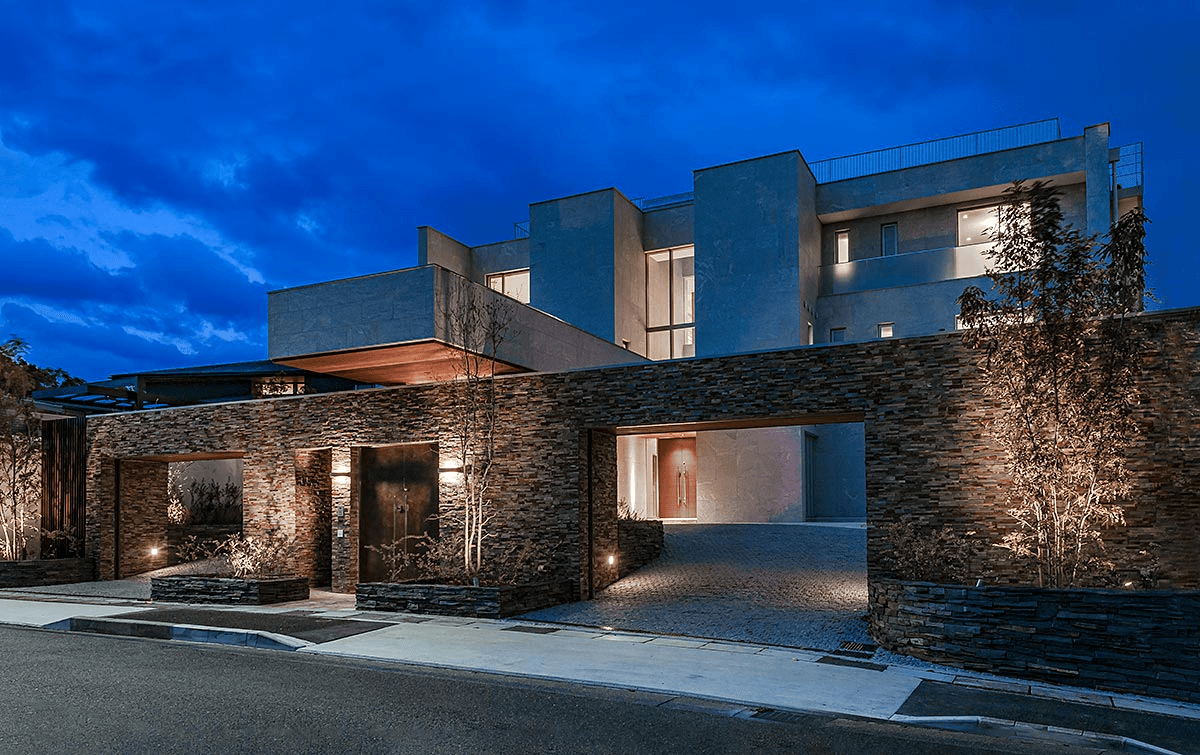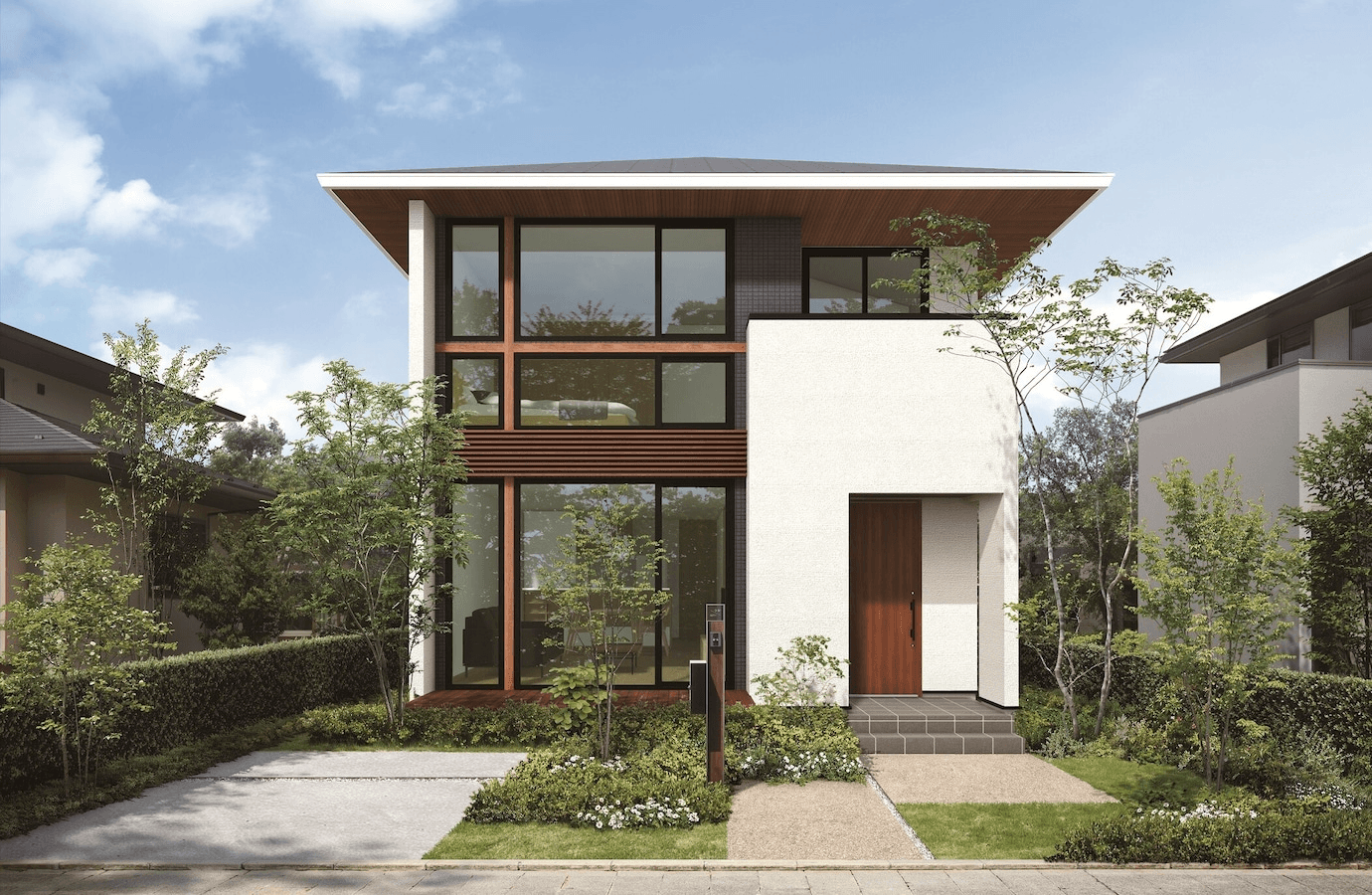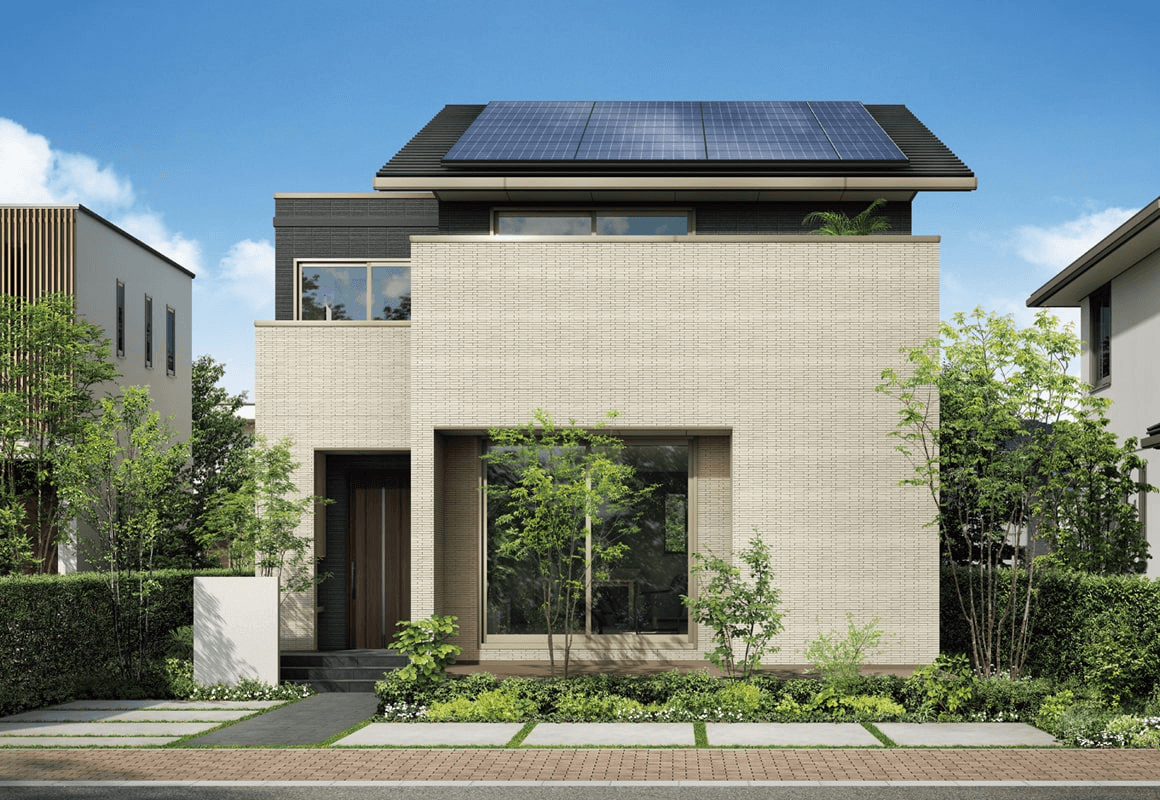How to Buy a House in Japan
2024/11/12
by
Blackship Realty
Purchasing property in Japan can be an exciting yet complex process, especially for foreign buyers. This comprehensive guide will walk you through everything you need to know about buying a house in Japan, from costs to considerations to the step-by-step purchase process.
The Japanese Property Market: A Price Overview
The Japanese real estate market offers diverse options across various price points. As of 2024, here's what you can expect:
Standard Property Prices
Single-family homes: ¥30-50 million ($273,000-$455,000)
Tokyo apartments: ¥50-100 million ($455,000-$910,000)
Premium properties: ¥100+ million ($910,000+)
Regional Price Guide for 70-80m² Apartments
Major city prices from highest to lowest:
Tokyo: ¥70.0 million ($686,000)
Kyoto: ¥62.2 million ($568,000)
Yokohama: ¥47.4 million ($433,000)
Osaka: ¥42.6 million ($389,000)
Fukuoka: ¥37.1 million ($338,000)
Hiroshima: ¥35.5 million ($324,000)
Sapporo: ¥35.3 million ($322,000)
Sendai: ¥34.2 million ($312,000)
Types of Properties in Japan
The Japanese housing market offers three distinct property types, each with its own advantages and considerations. However, while property ownership is unrestricted, it's essential to understand Japan’s distinction between land ownership and building ownership.
Japan's property law allows for separate titles for each. In some cases, particularly with condominiums and certain commercial properties, a buyer might own the building itself but lease the land beneath it—known as leasehold land.
However, the majority of land in Japan is freehold, meaning that when you purchase a property, you gain full ownership of both the land and the building. This will especially be the case with detached homes, although it is important to confirm each property’s status on a case-by-case basis.
Custom-Built Homes

For those seeking perfection in every detail, custom-built homes offer unparalleled flexibility. Working with a housing manufacturer, you'll have complete control over your home's design, from incorporating traditional Japanese elements like washitsu (和室) rooms to creating modern, open-plan living spaces.
This option particularly appeals to long-term residents who value personalization over immediate availability. While the process takes longer and often costs more than other options, the ability to create exactly what you want makes it worthwhile for many buyers.
You'll be able to monitor construction progress and make adjustments along the way, though you'll need to be comfortable making decisions based on plans and models rather than viewing the finished product.
Pre-designed Homes

Pre-designed homes strike an elegant balance between customization and convenience. These properties feature tried-and-tested layouts from established manufacturers, offering the reliability of standardized design with room for limited customization.
This option typically costs less than custom-built homes while still allowing you to choose your preferred manufacturer. While you won't have the same level of customization as with a custom build, you'll benefit from proven floor plans and clear, upfront pricing.
Built-for-Sale Homes

For those prioritizing convenience and immediacy, built-for-sale homes offer the simplest path to homeownership in Japan. These properties come complete with land and building, allowing you to see exactly what you're buying before making a decision.
The main advantages here are transparency and speed – what you see is what you get, and you can often move in shortly after purchase.
While you won't have customization options, you'll benefit from clear pricing and the ability to inspect your actual home before buying. This option particularly suits buyers who value certainty and quick move-in timing over personalization.
How to Buy a House in Japan?
Buying a house or any property in Japan follows a structured process that, while thorough, can be navigated successfully with proper preparation and support.
Step 1: Finding Your Property
If you are not originally from Japan, it's best you start your real estate journey by selecting a foreign-friendly real estate agency. Look for agencies with bilingual staff and experience handling international transactions. Your agent will be crucial in arranging property viewings (naiken) and helping you understand local market conditions.
When viewing properties, plan your search about 1-1.5 months before your intended purchase date. Take advantage of virtual tours for initial screenings, but always try to visit promising properties in person. Pay attention not just to the property itself but to the surrounding neighborhood, including:
Access to public transportation
Proximity to shops and services
Local community atmosphere
Future development plans
Step 2: Fill Out the Application (Letter of Purchase Intent)
When you find a property you're interested in, you'll need to submit a letter of purchase intent. This formally expresses your interest in the property and your willingness to proceed with the purchase. Your agent can help you prepare this document.
It is important to note that the Japanese property market moves quickly, and negotiation isn't as common as in some countries. When you find a property you like, be prepared to make a prompt decision, submit an offer close to the asking price, and complete the necessary paperwork efficiently to secure the property.
Step 3: Pay the Earnest Money (Down Payment)
Once your offer is accepted, you'll need to pay earnest money. Functioning like a down payment, this will typically range from 5% to 20% of the purchase price, with 5% being the standard.
This payment is made on the day of signing the contract and property handover generally occurs a few weeks after the contract signing.
During this time, the remaining balance of the purchase price is paid. Following earnest money payment, a judicial scrivener will handle the necessary registration updates to officially transfer ownership.
Step 4: Conduct Due Diligence
Conducting due diligence is essential in Japan, where building standards and potential natural disasters require careful consideration.
A professional property inspection will assess the structural integrity, electrical and plumbing systems, and potential issues like water damage or mold. Inspections will also confirm earthquake resistance measures and check for any pest infestations.
Legal verification is equally important. Professionals will help verify property boundaries, building permits, zoning regulations, and any restrictions on the property, ensuring that all aspects are in compliance with Japanese law.
Step 5: Obtain Mortgage/Loan Approval
Securing financing as a foreign buyer in Japan can present some challenges, but there are options available. Many lenders will require borrowers to have permanent residency or a long-term work visa.
Foreign investors without permanent residency may face a more rigorous application process, higher interest rates, and limited loan amounts. In any case, be prepared to provide: proof of stable income, valid residence status, employment history, and asset documentation.
However, obtaining a loan becomes significantly easier for those with permanent residency status. This allows for a smoother transaction and potentially more favorable terms. Some recommended banks for foreigners include Japan Post Bank, Mitsubishi UFJ Bank, Mitsui Sumitomo Bank, Mizuho Bank, Seven Bank, Shinsei Bank, SMBC Prestia Bank, and Sony Bank.
Beyond the purchase price, buyers should prepare for additional costs:
Real estate agent fee (3% of purchase price)
Stamp duty (0.4-4%)
Registration fee (0.4%)
Annual property tax (1.4% of assessed value)
Step 6: Complete the Purchase
With your financing in place and due diligence complete, you'll finalize the transaction by signing the sales contract and transferring the remaining purchase funds.
The handover of the property generally occurs a few weeks after the contract signing. During this time, the remaining balance of the purchase price is paid.
Following this payment, a judicial scrivener will handle the necessary registration updates to officially transfer ownership.
Conclusion
While buying property in Japan presents unique challenges for foreign buyers, proper preparation and professional support make it entirely achievable. Whether you choose a custom-built home, a pre-designed property, or a ready-made house, understanding the market and process is key to success.
Remember that while this guide provides a comprehensive overview, market conditions and regulations can change. Always verify current information with local professionals and authorities. With careful planning and the right team, your dream of owning property in Japan can become reality.